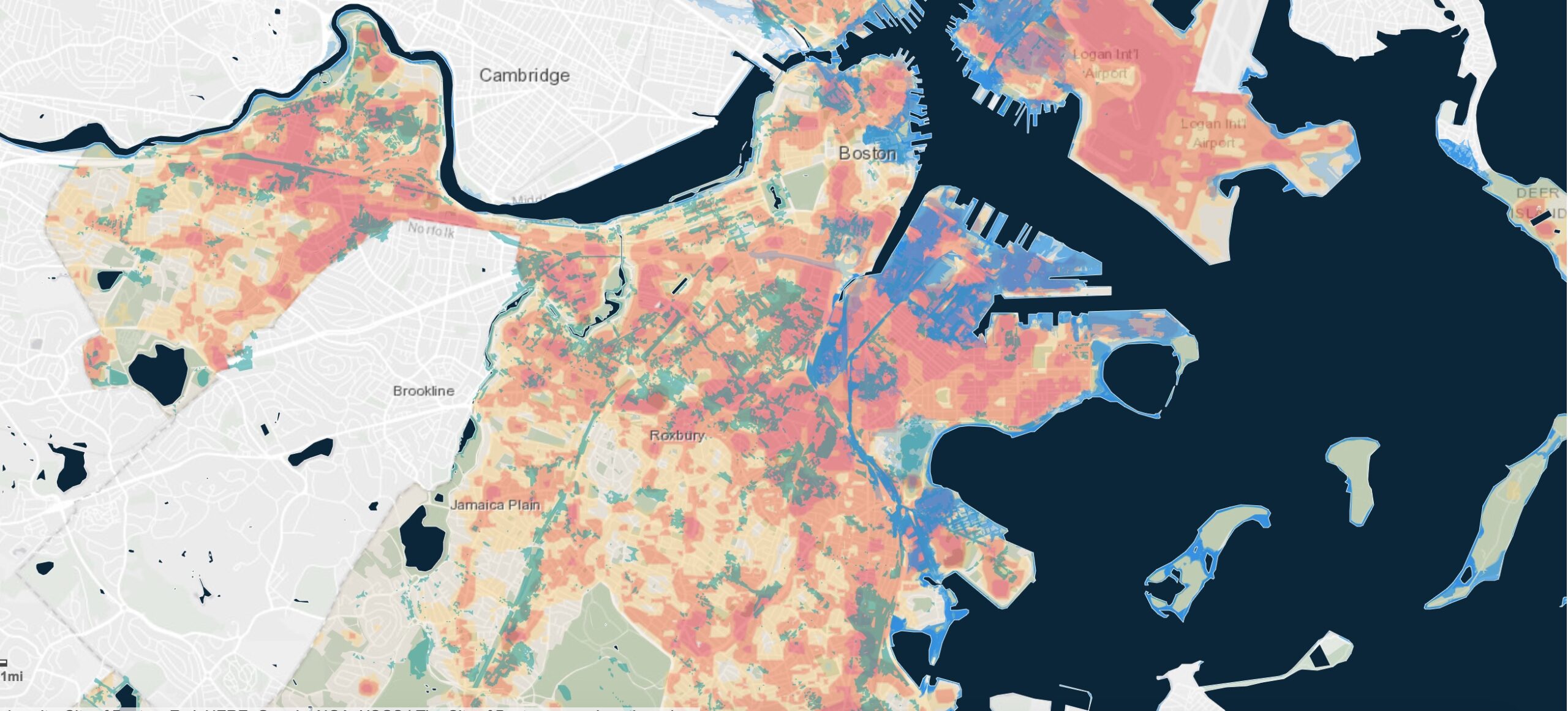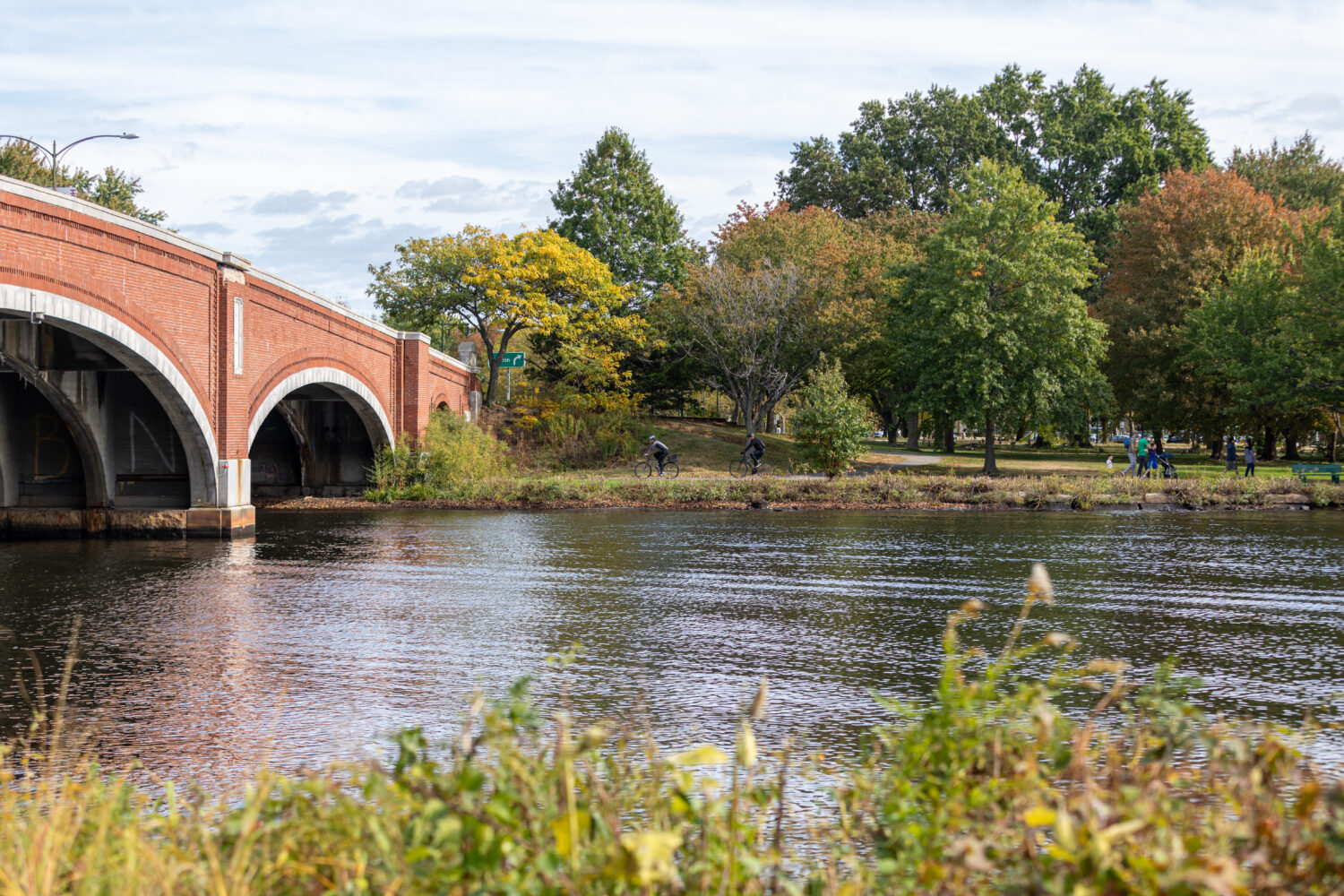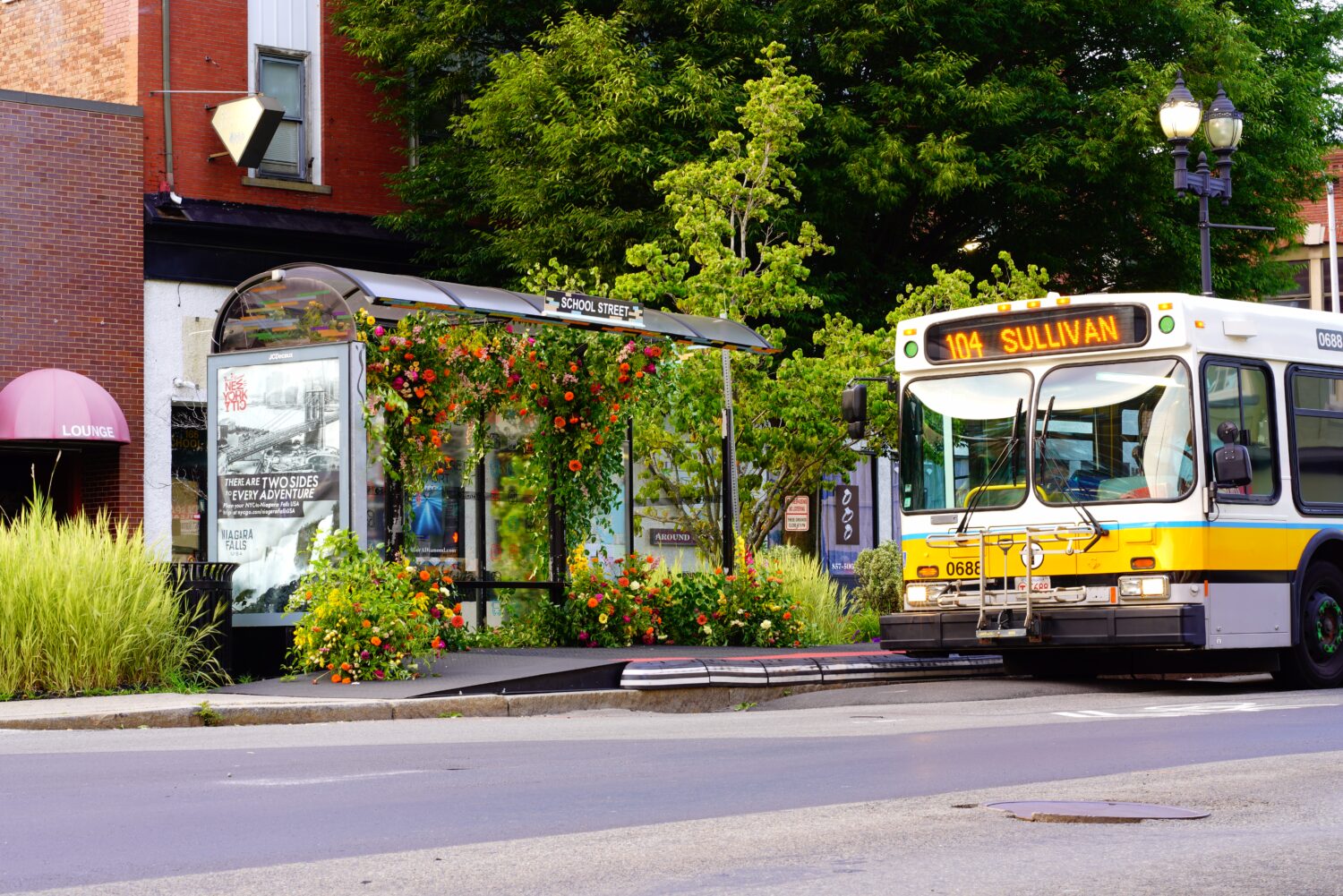Each year, Boston becomes more vulnerable to the effects of a changing climate. We know this from the Climate Ready Boston research commissioned by the City of Boston. Moreover, the extreme weather events of 2017 in California, Florida, Texas, and the Caribbean only underscore the scale of the challenges before us, the urgency for action, and the many opportunities Greater Boston has to prepare for rising seas and other climate impacts.
As Jeff Goodell argues in his highly acclaimed new book, The Water Will Come, this moment calls for us to embrace creativity, to invest in smart and sustainable solutions and, most importantly, to come together to address the challenge of a changing climate.
Since the Barr Foundation’s inception, one of our key priorities has been the environment. In 2010, we sharpened this work with a focus on climate change.Initially making a five-year, $50 million commitment, as we close 2017, Barr has awarded over $120 million in support of this vital work.
Through these years, Barr’s principal attention has been on reducing emissions from their two largest sources: transportation and energy. Yet, even as we have sought to mitigate the most harmful impacts of climate change, we have also recognized that many of those impacts are inevitable. As a result, over the last two years, we supported an exploratory pilot in climate preparedness.
Based on what we have learned from that effort, the Barr Foundation trustees recently authorized an expansion and deepening of this work. Beginning with an initial investment of $5 million in 2018, climate resilience will join clean energy and mobility as a third priority for Barr’s climate program. We intend for this to remain a key focus area for years to come, with the goal of integrating our efforts across clean energy, mobility, and resilience as mitigation strategies often result in greater resiliency as well.
This commitment manifests our own sense of urgency as well as a conviction that deepening and extending Barr’s investments in climate resiliency efforts is vital at this time. With uncertainty about the federal government’s commitment to climate action, cities around the country are stepping up to provide leadership.
The City of Boston, via its Climate Ready Boston initiative, has identified specific strategies to address the City’s vulnerabilities. And while the planning conducted as part of this effort represents a solid start, much more remains to be done as plans shift to execution.
Barr’s goal in this work is to ensure that climate resilience is integrated and institutionalized across various sectors, such that it becomes an essential consideration in how we plan for the future, how we build new and adapt existing buildings and infrastructure, how we create open space in ways that the public can enjoy while also protecting us from sea level rise, and how we engage all communities—especially those most vulnerable—in addressing this challenge.
With an initial focus on the City of Boston and the potential to expand to other parts of Metro Boston, Barr’s initial three strategies aim to:
- Build awareness of climate impacts, risks, and resilience strategies.
- Mobilize key constituencies to advance policy and implement resilience plans.
- Support demonstration projects that integrate resilience into the fabric of our cities.
Mariella Puerto and Mary Skelton Roberts, co-directors of Barr’s Climate Team, will soon share more information about our Resilience strategies, including when and how potential partners can best propose project ideas for us to consider. We will also soon launch a search for a Program Officer to help lead this new area of work. If you are interested in receiving these and other updates, please sign up below.
We often observe that philanthropy has the privilege of taking a long-term view. That privilege also carries with it an obligation to ensure that we remain attentive to threats and challenges that may seem far away but, if ignored, can have perilous consequences for future generations.
There is perhaps no greater challenge to the future of Boston today than the impacts of climate change, such as increased precipitation, extreme heat and drought, and sea level rise. The water will indeed come, and the question is, will we be sufficiently prepared for it? We are confident that if Greater Boston focuses on this challenge now—across all sectors and with each of us doing our part—we will be prepared.
The Barr Foundation is in. We look forward to joining with and expanding the range of partners and allies engaged in this important work.




